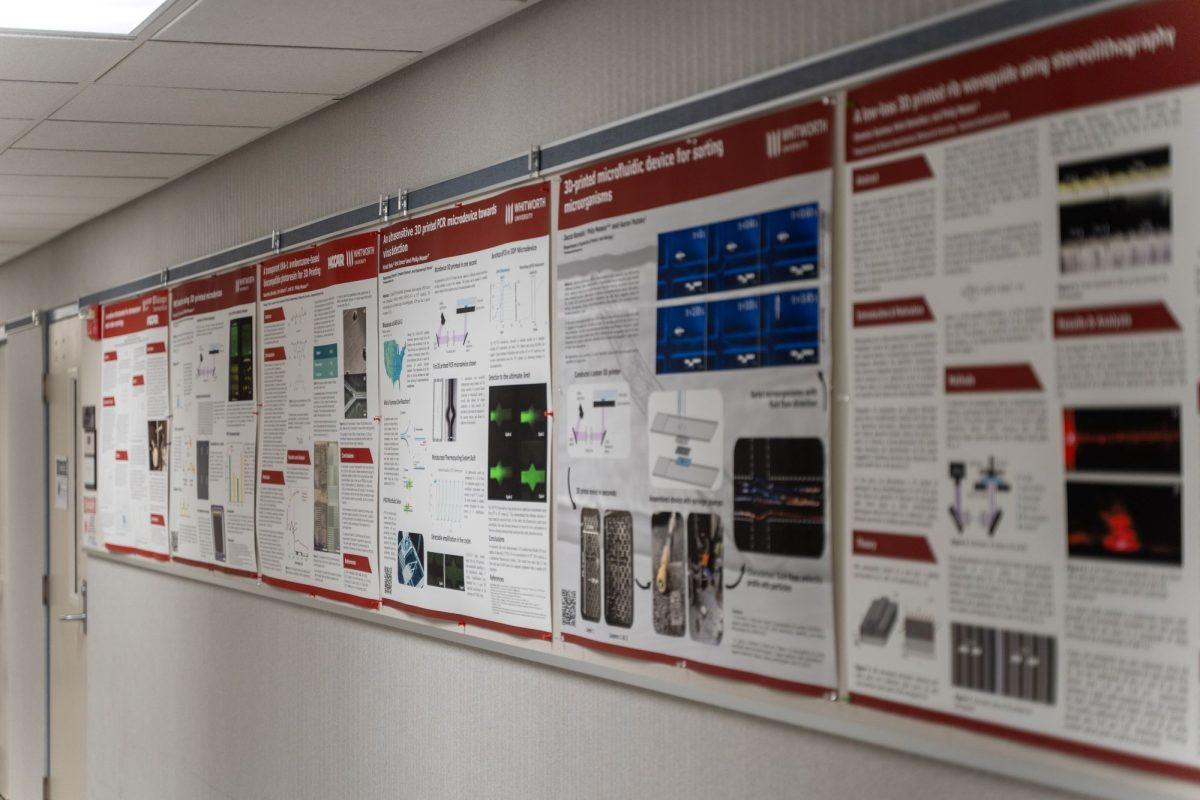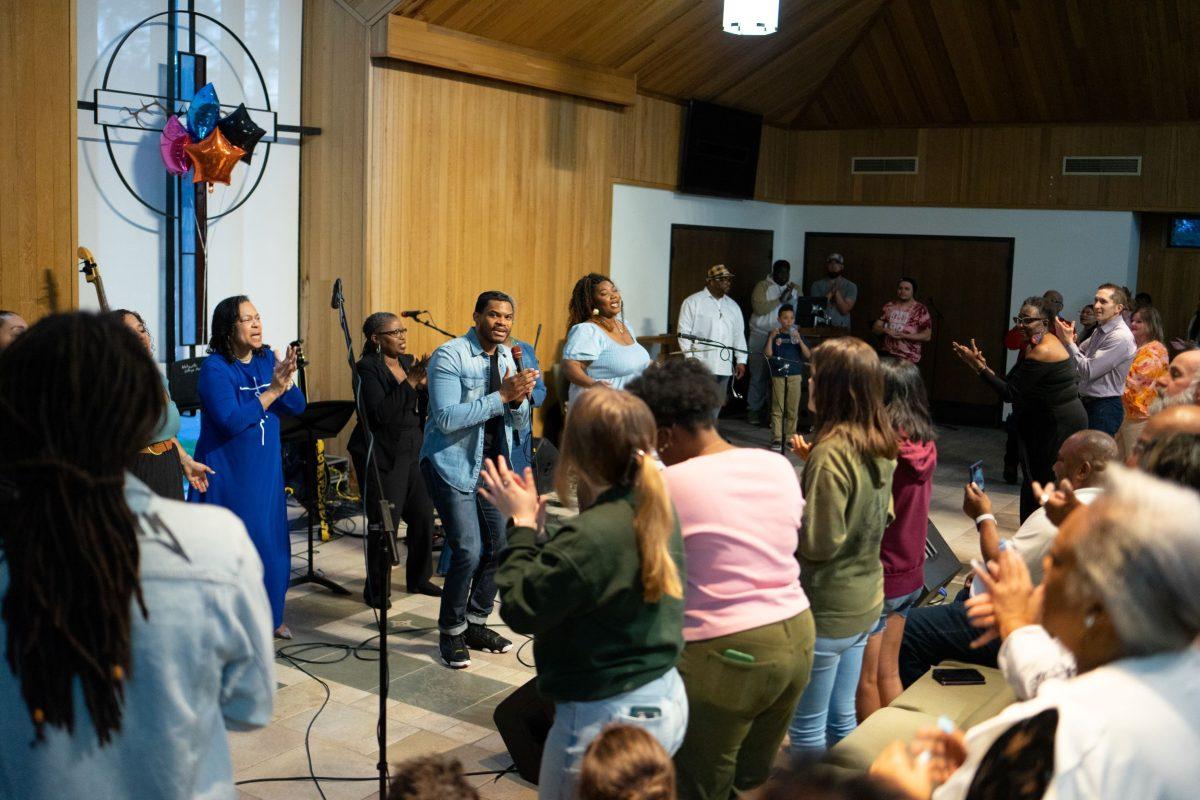Tibebe Eshete, visiting professor of history, enriches his classes with his personal experiences, expertise and stories. Eshete was hired to fill in for Anthony Clark, professor of Asian history. Clark, who established Whitworth’s semester abroad program in China, has recently received a grant from the National Endowment for the Humanities. Clark will spend the year in China conducting research and return as a professor to Whitworth next year.
Corliss Slack, chair of the department of history, said the competition for Eshete’s position was stiff. Administrators looked at candidates from several areas of study, including Middle East, Asian and African studies. Eshete was selected for his good qualifications, knowledge and an impressive lecture he gave on African history.
Eshete now teaches African history, Pacific World History and Core 350. Originally from Ethiopia, Eshete has lived in America for the past 12 years. He has taught at Missouri State University, Calvin College and Michigan State University.
Professor of history Arlin Migliazzo said that Eshete’s first-hand knowledge of the material makes him especially qualified as a professor in his field.
“Obviously to have a person who was born, raised and educated in Ethiopia sets him apart. He brings not only a professional knowledge of the history of Africa, but he’s lived it,” Migliazzo said.
Eshete was raised in Ethiopia in an Orthodox Christian family. He said, however, that due to a lack of spirituality in his youth, and an exposure to modern education, he lost his faith after one year in college.
“You have to have strong ground to negotiate the space between faith and secular teachings,” Eshete said.
After later subscribing to Marxist philosophy, and spending several years of political and personal turmoil revolting against the Ethiopian government, Eshete said that he was lost.
“I was nowhere between my revolutionary life and when Jesus found me. I was just lost,” he said.
Eshete said that he was saved 23 years ago, and has since been committed to Christianity. His faith was one of the important factors which drew him to Whitworth.
“The ‘Mind and Heart’ mission really resonates with my philosophy of Christian scholarship. Love becomes the structure of your research, your teaching and your calling. I want to be a part of this symphony,” he said.
Migliazzo said that the personal experiences Eshete shares with his students give him a unique and valuable perspective.
“The kinds of things he has seen and faced as an Ethiopian person and as a professor, none of us have had that. He can speak directly out of those experiences, and I think that’s really his strength,” Migliazzo said.
Eshete said that he uses personal stories as a means of making history relatable for his students.
“I humanize history. I humanize the subjects through my stories,” he said.
Slack said that another critical part of what makes Eshete a great professor is his depth of knowledge in several areas.
“Personally, he’s a lot of fun to talk to. He seems to know everything about United States and African history,” Slack said.
Eshete said that he finds it very important for students, particularly in America, to gain an understanding of world history.
“More than any nation, America cannot afford to be ignorant. You have the resources to influence the world,” he said.
He said that Americans are by and large “rationally ignorant,” meaning that they often choose not to learn about the rest of the world. Eshete said that having a global education is a practical skill.
“How do you change the world if you don’t know it?” he said.
Slack said that having people like Eshete on campus offering a diverse choice of courses opens up new possibilities for students.
“I think if he leaves and you didn’t get the chance to take his class, that’d be pretty sad,” she said.
Next semester, Eshete will teach African History and African Religions.
Contact Katherine Knoll at [email protected]





